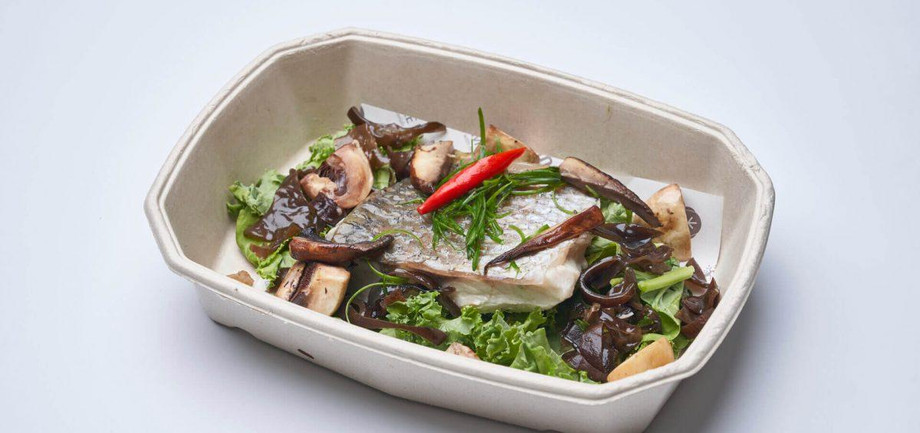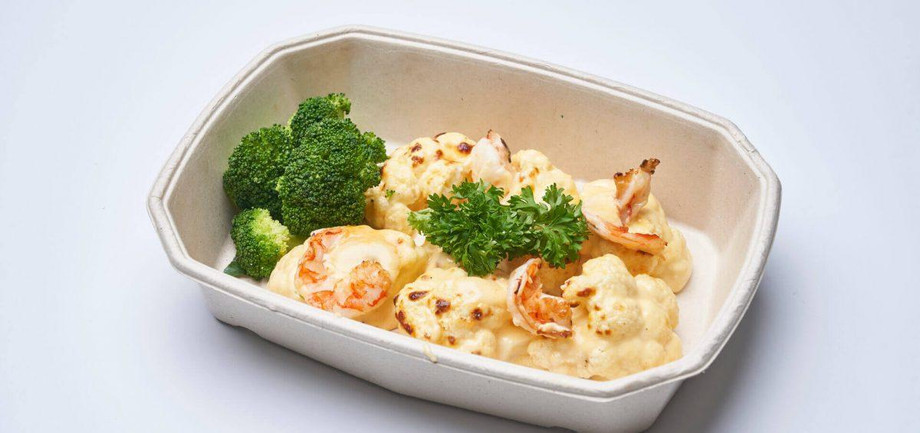7 Biggest Keto Mistakes Beginners Make on a Keto Diet
The ketogenic diet, a low-carb diet high in fat and carbs, is becoming more popular.
Although it may seem strange to cut carbs and eat lots of fat, there is growing evidence that keto is good for you.
A keto diet can lead to weight loss, better mental clarity, and a lower risk of developing heart disease.
Although keto is a great way to eat, it can be confusing at times. What are the most common keto mistakes people make?
This article is for you if you are new to keto. This article will help you avoid the seven most common mistakes that beginners make when trying to eat keto. Let’s start with the first common error.
1) Net Carbs Not Counted
You must track your carb intake if you are going to be successful with keto. The Keto Catering will tell you how many grams of carbs, fat, and protein to eat each day.
Your body will become more ketogenic if you reduce carb intake. You start to use fat instead of sugar as your primary fuel source.
Ketosis is the key to the health benefits of a ketogenic diet. However, this metabolic switch can only occur if you reduce your carb intake. The first step in a keto diet is to determine how many carbs are necessary.
You should be in the habit of looking at the nutritional facts of any food you eat. Net carbs are net carbs, total carbs minus fiber.
You can keep your net carbs under 50 grams per day or use the macronutrient calculator to calculate the number. This will ensure you are in ketosis, and that you can enjoy the many benefits of a keto diet.
2) Ignoring Calorie Intake
Many people experience amazing weight loss with the keto diet. This makes perfect sense.
You’ll burn on average 300 more calories per day when you’re in ketosis. Keto can also reduce your appetite making it easier to eat less while still feeling satisfied.
You feel fuller on keto and burn more calories per day.
This is a great way to lose weight. It’s probably why many people have had success with keto. You don’t need to eat a lot to lose weight with keto.
You can’t avoid calories if you want to lose weight. Even when you are in ketosis, weight gain is possible. It is much harder to overeat, and it is easier to maintain a calorie deficit.
Keto doesn’t require you to count calories. Numerous studies have shown that keto-eating people lose weight without even trying.
Regardless of this, it is important to pay attention to your hunger levels for keto. You should eat only until you feel full. If you don’t see the results you desire after a few months of keto, you might consider counting calories until your weight starts to drop.
3) Don’t Prepare for Keto Flu
Your body may get confused if you suddenly stop eating carbs.
You will need to adjust to using fat as fuel for a few weeks. This period is known as the “keto flu” by Keto dieters. You may feel flu-like symptoms for a few days while your body adapts to using fat for energy.
Side effects of keto flu include:
– Fatigue
– Low energy
– Trouble focusing
– Headaches
– Achy muscles
Don’t panic if you have any of these symptoms after your first week of keto. It is completely normal and will pass quickly.
You can also do a lot to alleviate keto flu symptoms. Even simple things, such as getting enough sleep and drinking lots of water, can make a huge difference during keto flu.
This guide will help you get rid of keto flu. This guide provides simple and actionable steps that you can use to ease your transition to ketosis.
4) You Are Not Getting Enough Salt
It’s likely that you’ve heard that salt intake can cause high blood pressure.
This may hold true for higher-carb diets. However, on keto, the sodium balance is a little different.
Your digestion converts carbs to sugar when you eat them. They enter your bloodstream and raise your blood sugar levels. You then produce insulin to lower your blood sugar. To help you process sugar and carbs, your kidneys also store sodium.
Keto means that your blood sugar is stable and low, as you don’t eat carbs. You release very little insulin as a result.
Your kidneys release sodium instead of storing it if insulin is not released.
This means that you won’t need to worry about salt intake when on a low-carb diet. It won’t be stored in the same manner and is less likely to cause high blood pressure.
You should eat a lot of salt when on the keto diet, especially when you are just starting out.
You need a lot of water in order to store carbohydrates. As you move into keto, your carb stores will be exhausted and you’ll release water as they diminish. During the first few weeks of keto, most people lose between 3-10 pounds of water weight.
Flushing out the water can take a lot of sodium, which can lead to dehydration and headaches.
You can salt as much keto food as you like. Salt is good for you.
5) Not Drinking Enough Water
It’s not unusual for your body to lose several pounds during the transition into ketosis, as you’ve just read. Your carb stores are being depleted and you’re releasing the water that was stored.
Water is essential for your body. If you don’t replenish it, you could become dehydrated. During the first few weeks of keto, you should pay more attention to how much water you consume.
Staying hydrated is a priority — it will help you avoid keto flu and make your life easier.
Continue Reading-
https://www.ketocatering.com.sg/keto-mistakes-beginners-make-on-a-keto-diet/




Comments
Post a Comment